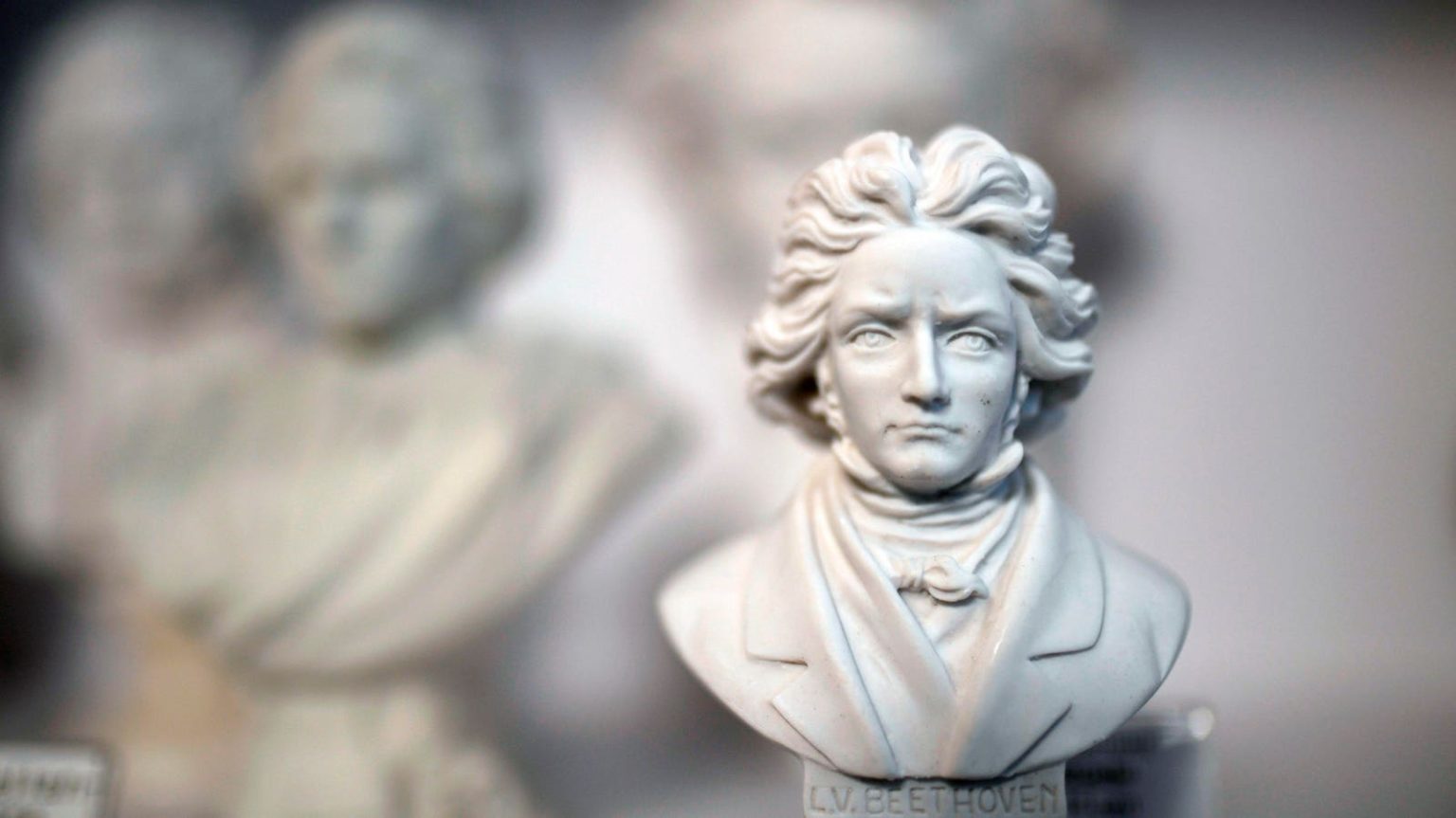A recent study by experts led by Harvard Medical School biochemist Nader Rifai has revealed that Ludwig van Beethoven suffered from lead poisoning, but not at levels high enough to cause his death. The team conducted a toxin analysis of two authenticated locks of Beethoven’s hair and found lead concentrations 64 and 95 times above normal levels. This discovery may help explain Beethoven’s various health issues, including gastrointestinal distress, kidney and liver disease, and decreased hearing. The findings were published in the journal Clinical Chemistry as the composer’s Ninth Symphony marked its 200th anniversary.
Beethoven’s death at the age of 56 has long been the subject of speculation, with various medical theories proposed over the years. In 1802, Beethoven himself requested that the cause of his illness be made public after his death. The recent research also detected elevated levels of arsenic and mercury in Beethoven’s hair, but it is the lead poisoning that is believed to have contributed to the composer’s health problems. These findings are particularly intriguing given the enduring interest in Beethoven and his music.
While this is not the first time lead poisoning has been linked to Beethoven, previous claims were based on a hair sample now known to belong to someone else. The recent study used hair snippets authenticated as Beethoven’s as part of a landmark genomic sequencing project published the previous year. As Beethoven’s health deteriorated towards the end of his life, his friends and admirers often kept locks of his hair as keepsakes. Some of these precious locks are now housed in public institutions, while others remain in private collections.
The analysis of Beethoven’s hair revealed high lead levels, pointing to potential sources of exposure such as cheap wine sweetened or preserved with lead or medical treatments containing the metal. The confirmation of the hair samples belonging to Beethoven provides strong evidence of lead poisoning, according to experts. However, correlating lead levels in hair with those in the blood poses challenges, given factors such as contamination and personal traits like hair color. Despite these uncertainties, the study offers valuable insights into Beethoven’s health and medical history.
The discovery of lead poisoning in Beethoven adds a significant piece to the puzzle of his life and health. This finding will aid historians, physicians, and scientists in better understanding the medical challenges faced by the legendary composer. Beethoven’s wish that his body be studied posthumously and the availability of authenticated hair samples have allowed researchers to shed light on the impact of lead poisoning on his health. This study underscores the complexity of Beethoven’s medical history and provides new insights into his enduring legacy.















